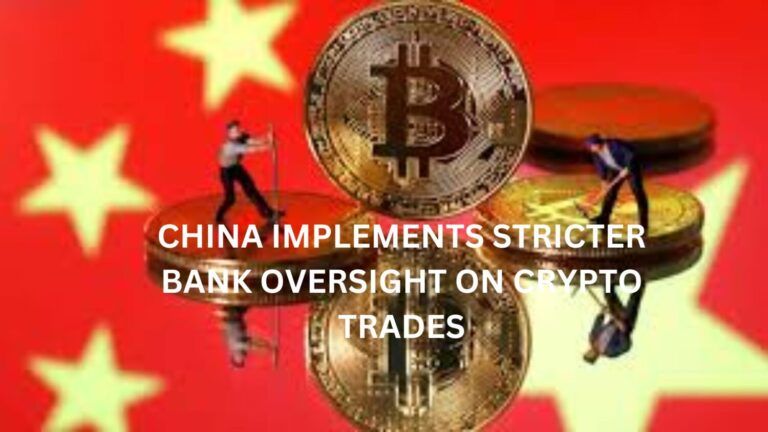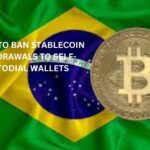Key takeaways:
- Offering access to unregistered exchanges to Filipinos is prohibited, according to the Philippine Securities and Exchanges Commission.
- The decision was taken by the agency in the wake of the massive global bitcoin exchange FTX’s collapse in November.
THE Securities and Exchange Commission (SEC) has cautioned the community once more not to conduct business with unauthorized and unregulated cryptocurrency exchanges that are accessible and are believed to be operating in the nation.
The SEC stated that the notice takes into account “the recent failure of a large international cryptocurrency exchange,” without specifically mentioning the FTX exchange.
A company must register with the SEC in accordance with Philippine legislation if it wishes to conduct business there. More than 600,000 active corporations are under SEC’s supervision, and it also assesses the financial statements (FS) submitted by all businesses registered with it. SEC serves as both the registrant and the regulator of the Philippine corporate sector. Another essential element of the Philippine financial system and economy is the capital market, which the SEC promotes and controls.
The SEC stated that a percentage of unregistered cryptocurrency exchanges are specifically targeting Filipino investors and borrowers through online advertisements in social media” and “enable the enrollment, creation or licencing of client accounts through online methods and illegitimately enable Filipinos to enter their online platforms.
To achieve an equilibrium between the possible dangers associated with digital assets and the quickly growing cryptocurrency industry, the Philippine central bank put a three-year freeze on new virtual asset service provider (VASP) licences in august.
Unauthorized exchanges offer a variety of elevated and occasionally deceptive products and schemes, according to the SEC. In its “Advise against Dealing with Non-Registered Foreign Entities, Organizations and Corporations,” the SEC reaffirms its vigilance.
The sale of unlicensed cryptocurrencies, the converting of one cryptocurrency to another, the enablement of unregistered coin or token offerings, cryptocurrency savings with guaranteed returns, crypto-loans, cryptocurrency derivatives and futures contracts, tokenized shares of stocks, and educational platforms are a few instances of the services or platforms provided by unregistered cryptocurrency exchanges as per the SEC.
Additionally, only corporations established in the Philippines are permitted to engage in the issuing of loans from their own capital funds or from funds generated from no more than 19 persons, according to Philippine lending rules. Additionally, no lending company may function unless the SEC has granted it permission to do so.









